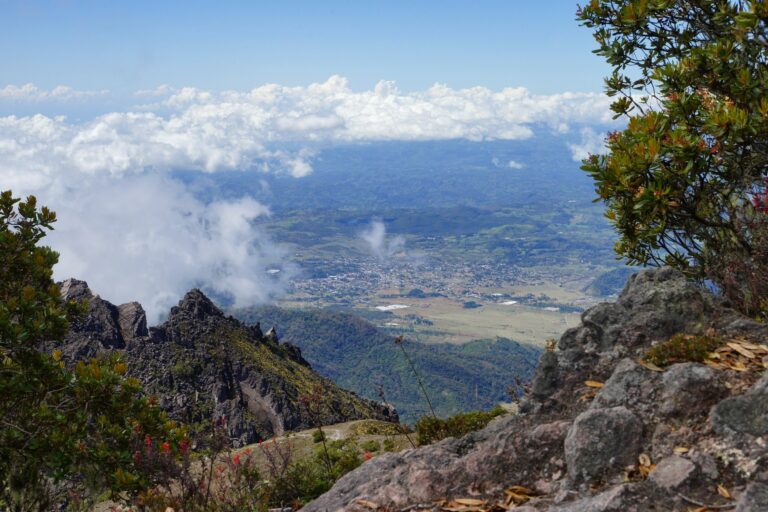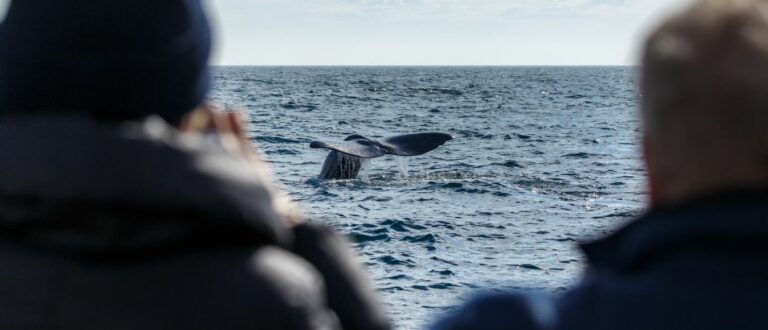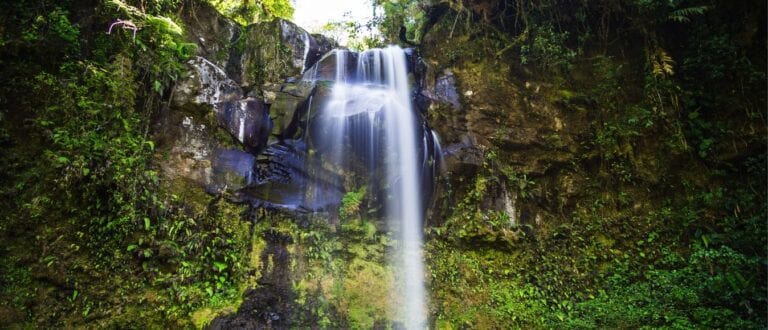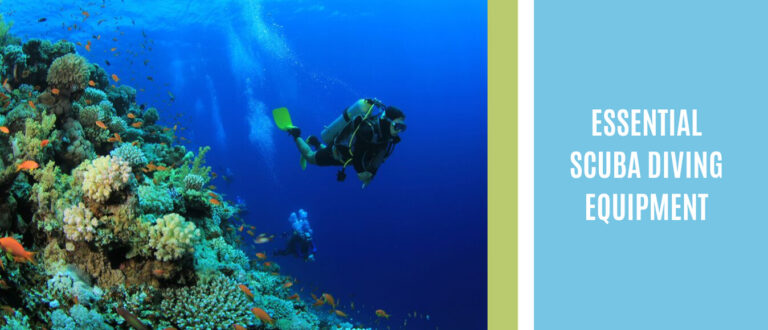Types of Scuba Diving Certifications
The enchanting beauty of the ocean beckons many people to become certified in scuba diving to get a closer look. From basic open water certifications to more advanced options, there are numerous different scuba diving certifications you can earn. Getting multiple scuba diving certifications can allow you to expand your horizons, explore new underwater areas, and even learn to teach others how to become scuba divers as well. To learn about some of the most popular types of scuba diving certifications you can earn, continue reading.
Open Water Diver certification
To gain the ability to embark on breathtaking and exhilarating dives in the wide-open ocean, divers must gain their open water diver certification. The open water diver certification is the most popular scuba diving certification in the world. It is an entry-level autonomous scuba diver certification designed for recreational diving.
When taking an open water diver course, aspiring divers will learn essential scuba diving techniques and develop the skills necessary to safely complete an open water dive. Before completing the course, divers must understand the basic principles of scuba diving and complete confined and open water dives. To enroll in an open water diver course, you don’t need to have any prior scuba diving experience. However, you typically need to be at least 10 years old, exhibit adequate swimming skills and be in good physical health.
Adventure diver certification
Few scuba diving certifications sound more exciting than the adventure diver certification. This certification is a subgroup of the advanced open water diver course which prepares divers to embark on a wide variety of different adventures below the surface. Examples of adventure dives include altitude diving, drift diving, wreck diving, boat diving, search and recovery diving, and many other exhilarating dive types. To earn your adventure diver certification, one must complete three adventure dives chosen based on the diver’s preference. Divers generally must be at least 10 years old to earn their adventure diver certification.
Advanced Open Water Diver certification
After receiving an open water diver certification, divers will be able to enroll in an advanced open water diver course. As its name suggests, this course expands upon the skills and abilities that individuals acquired in the entry-level open water diver course. Through completing a total of five supervised adventure dives, the course will help you gain confidence and grow your scuba diving skills. The two types of required adventure dives that one must complete to earn their advanced open water diver certification include the deep and underwater navigation dive. Typically, you must be at least 12 years old to enroll in an Advanced Open Water Dive course.
Rescue Diver certification
Rescue divers have the knowledge and abilities necessary to deal with a variety of different major and minor dive emergencies. To prepare divers to take on the role of a rescue diver, the rescue diver certification course will involve completing rescue exercises and practicing rescue scenarios. In addition, rescue divers must develop their knowledge of rescue techniques, stress management methods, and identifying and responding to emergency situations. To enroll in a rescue diver class, divers typically must be at least 12 years old, have completed an underwater adventure dive, and have received CPR and First Aid training in the past two years. Completing a rescue diver course can be very challenging, but many people regard it as one of the most rewarding certifications a diver can receive.
Master Scuba Diver
The master scuba diver certification is one of the most elite and well-respected certifications a scuba diver can receive. Obtaining this advanced certification requires a substantial amount of training as well as experience in a wide variety of different underwater environments. To receive a master diver certification, you must be at least 12 years old and logged at least 50 dives. You also need to have obtained your open water diver certification, Advanced Open Water Diver certification, rescue diver certification, and five specialty diver certifications.
Those who earn the divemaster certification can turn their love for scuba diving into a career. The Divemaster certification is the first level of professional training that a diver can receive. Upon obtaining a divemaster certification, divers will be able to lead and supervise diving activities and assist with training aspiring divers.
To receive the certification, you must perfect your diving techniques and rescue skills as well as complete a total of 60 logged dives. In addition, you also must show proficiency in anticipating and resolving common diving-related issues. To enroll in a divemaster course, you need to be at least 18 years old, have received CPR and First Aid training within the past 24 months, have a signed medical statement by a physician in the last year, and acquire at least 40 logged dives.
Earning many of the more advanced scuba diving certifications on this list requires gaining experience by going on multiple dives. If you’re looking to log dives at some of the most incredible dive sites in Panama, check out Cala Mia Island Resort’s all-inclusive dive vacation packages. Our diving tours will take you on incredible diving adventures in some of the most breathtaking dive sites Central America has to offer. Our tours offer Isla Secas, Isla Ladrones, and Coiba Island diving opportunities for you to enjoy. To plan the scuba diving trip of a lifetime, contact Cala Mia Island Resort or explore our dive packages today!








